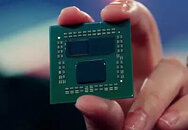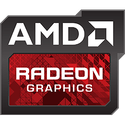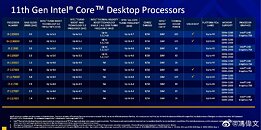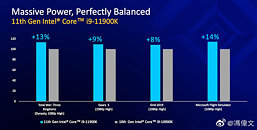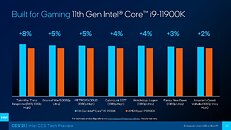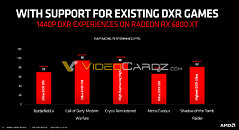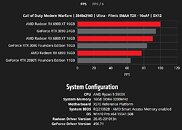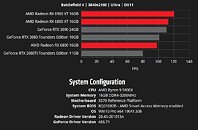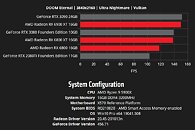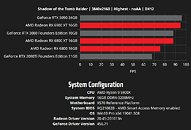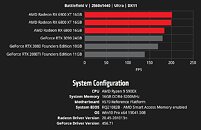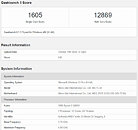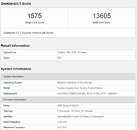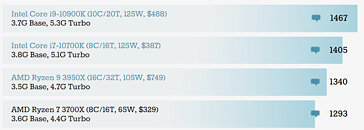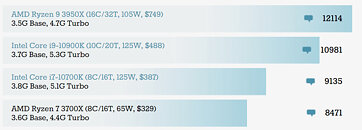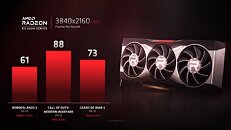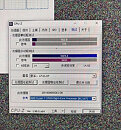
AMD Expected to Announce Ryzen 5000XT CPUs at Computex
Although it has been rumoured for a little while now that AMD might be launching Ryzen 5000XT CPUs, that rumour just got some added fuel to the fire courtesy of @CodeCommando_ on X/Twitter. The leaker provided a somewhat pixelated screenshot of two new AM4 CPUs, namely the Ryzen 9 5900XT and the Ryzen 7 5800XT. This is one less CPU compared to the Ryzen 3000XT series that AMD launched in 2020 and it looks like the benefits on offer are similar as well. Both chips are 105 Watt parts and have a maximum boost speed of 4.8 GHz, but this is where the similarities end. The Ryzen 9 5900XT has a rather odd SKU name, as it has the same max boost clock as the Ryzen 9 5900X, but the same core and cache count as the Ryzen 5950X.
The Ryzen 7 5800XT on the other hand is a pretty straightforward 100 MHz higher clock speed SKU over the Ryzen 7 5800X, which makes one wonder why AMD even bothered. According to VideoCardz, we're looking at a US$359 MSRP for the Ryzen 9 5900XT, with the Ryzen 7 5800XT coming in at US$249, making both a potentially interesting enough upgrade option for someone that is still using an older AM4 CPU. The pricing and CPU details are said to have been revealed at a pre-Computex media briefing, so it's highly likely that the information is correct. Both chips are said to hit retail in July.
The Ryzen 7 5800XT on the other hand is a pretty straightforward 100 MHz higher clock speed SKU over the Ryzen 7 5800X, which makes one wonder why AMD even bothered. According to VideoCardz, we're looking at a US$359 MSRP for the Ryzen 9 5900XT, with the Ryzen 7 5800XT coming in at US$249, making both a potentially interesting enough upgrade option for someone that is still using an older AM4 CPU. The pricing and CPU details are said to have been revealed at a pre-Computex media briefing, so it's highly likely that the information is correct. Both chips are said to hit retail in July.













